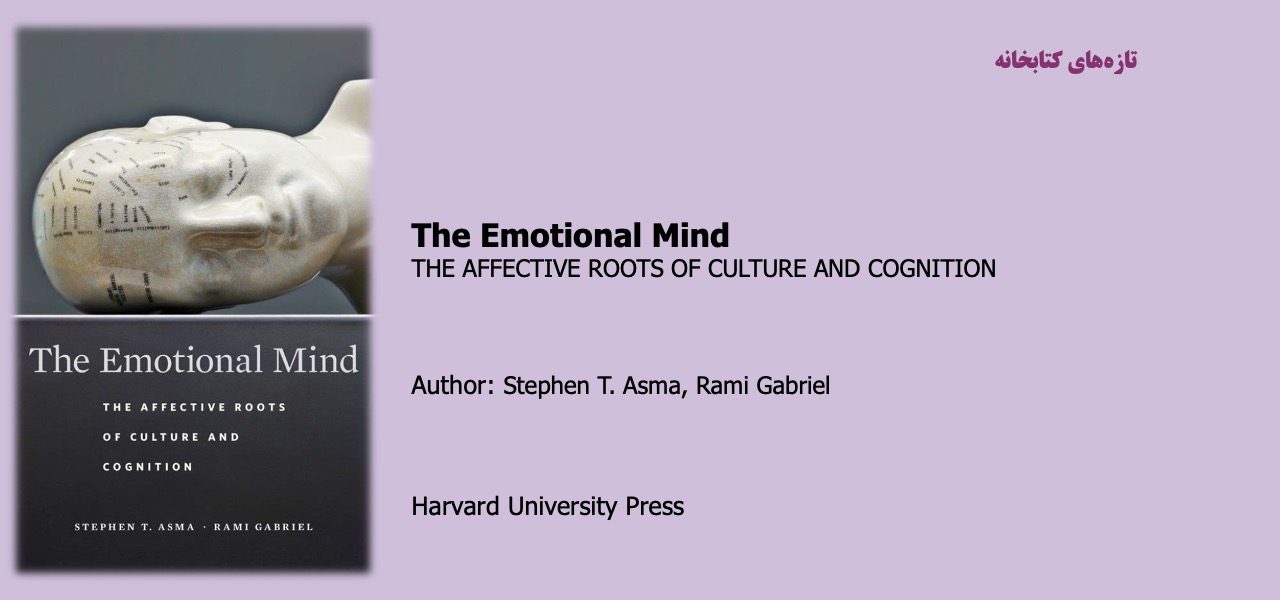The Emotional Mind

THE AFFECTIVE ROOTS OF CULTURE AND COGNITION
WHEN DARWIN WROTE the Origin of Species, he famously closed the book with the provocative promise that “light will be thrown on the origin of man and his history.”۱ In his Descent of Man and his Expression of Emotions in Man and Animals, Darwin began, as promised, to throw some of that light— especially regarding the emotional and cognitive similarities (homologies) of mammals.2 But shortly after this beacon, all went dark again. The rise of positivism in the early twentieth century, paired with the turn toward ge ne tics and the ascent of behaviorism, effectively lowered the curtain on biological speculations about the evolution of the mind.
When researchers fi nally turned again to the mind in the midtwentieth century, it was the computer that both sparked the cognitive sciences revolution and served as its exclusive investigative heuristic. Yet, for all the successes of artificial intelligence (and they are impressive), our understanding of biological minds seems to have gotten lost in the shuffle.
مطالب مرتبط

کتاب تمرین درمان شناختی – رفتاری برای مشکلات سلامت روان
۱ / اردیبهشت / ۱۴۰۴

درآمدی بر روانشناسی خرد
۱ / اردیبهشت / ۱۴۰۴

سرشت – چگونه سیمکشی مغزهای ما هویت ما را تعیین میکنند؟
۱ / اردیبهشت / ۱۴۰۴

